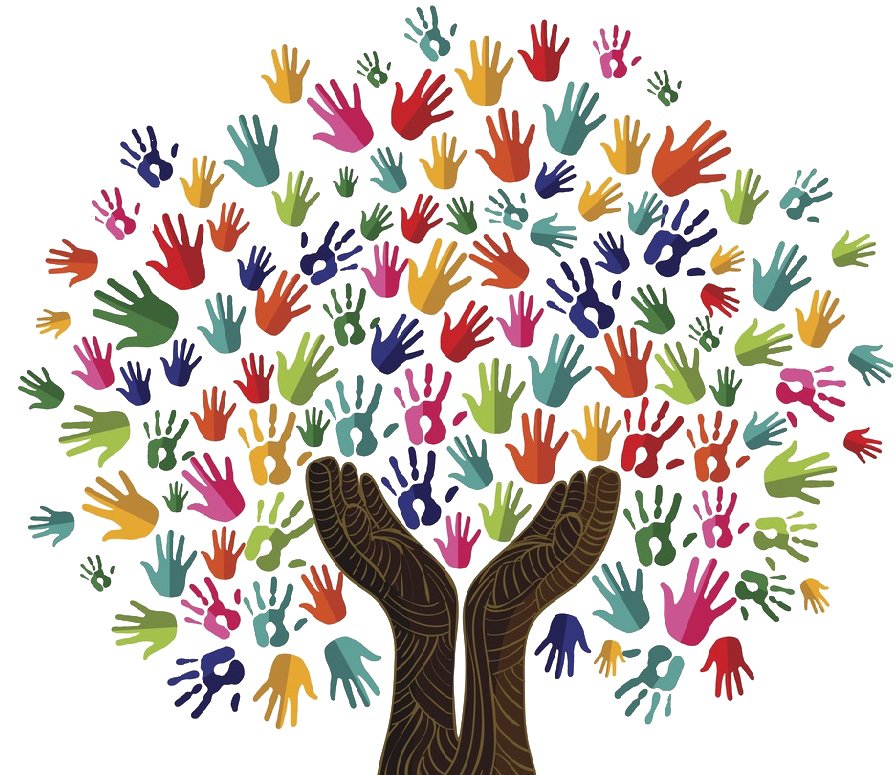Integrative Learning Experience: Research Assistant with the Philadelphia International Women's Project

When Global Health Is Local: Assessing the Social and Cultural Environment of African Immigrant Women Living with FGM in Philadelphia, PA
Abstract
Background:Female Genital Mutilation (FGM) is practiced by many cultures throughout the world, particularly in Africa and Asia. Owing to migration patterns, a number of women and girls in the United States have either undergone or are at risk of undergoing FGM. A 2013 population analysis showed that the Philadelphia-Camden-Wilmington metropolitan area was the 8thhighest in the country for the number of women and girls at risk of FGM. Over 16,400 were identified as being at risk.
Methods:Purposive sampling was used by trained peer specialists during outreach events in communities affected by FGM. Two cohorts were created due to their distinct practices surrounding FGM: West African Cohort and East African Cohort. Demographic information collected and analyzed included education, age at FGM, marital status, and number of children. Peer Specialists from the African Family Health Organization conducted semi-structured interviews in English and French. Interviews were translated if necessary, transcribed, and uploaded to Dedoose software. Interviews were coded for thematic analysis with respect to social-environmental context and themes.
Results:16 women from 6 countries in West Africa completed interviews. Major themes that emerged from the interviews included the significance of tradition, silencing, and advocating against FGM. Two hypotheses were tested: to many decision makers in these cultures, the importance of undergoing FGM outweighs risks to life and health; and FGM is deeply imbedded in the social and economic system of societies in which it is practiced. Participants identified tradition as the reason FGM still occurs. Women were outspoken against FGM due to perceived physical and medical health consequences.
Conclusion:FGM remains a common practice in the countries apart of the West African cohort but its impact extends beyond those borders, affecting women worldwide throughout their lives. Future research should consider incorporating a paired sample strategy contrasting immigrants from the United States with participants from the immigrant's home country to determine whether respondents' migration experiences influence their attitudes toward FGM.